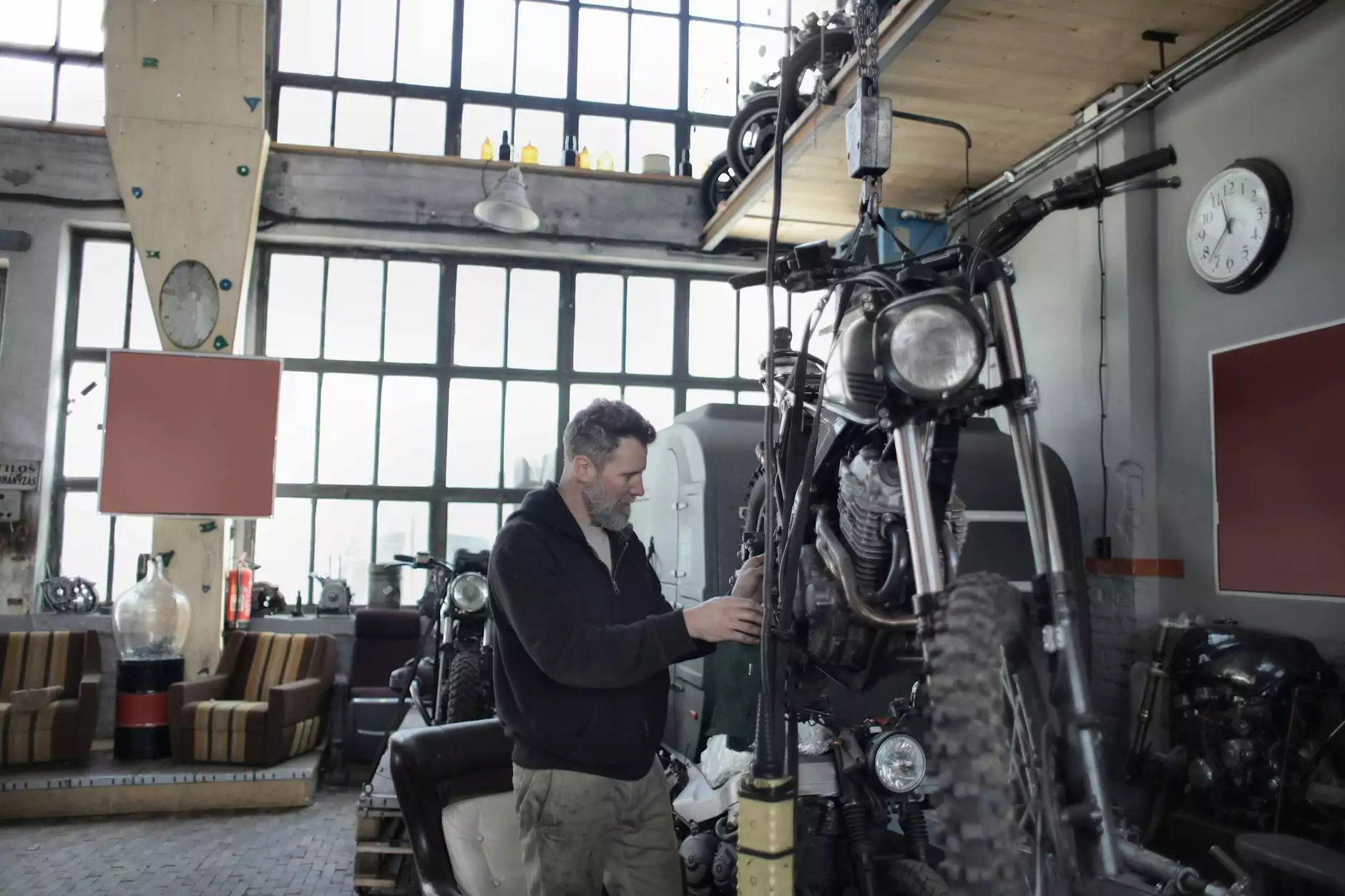The Importance of Handicapped Lifts in Personal Care Services and Home Health Care

Introduction
In the world of personal care services and home health care, accessibility and independence are paramount. For individuals with disabilities, mobility is often a challenge. However, thanks to advancements in assistive technology, such as handicapped lifts, people with disabilities can now enjoy enhanced mobility and improved quality of life. In this article, we will explore the importance of handicapped lifts in personal care services and home health care, focusing on how these lifts provide crucial support for individuals with limited mobility.
What Are Handicapped Lifts?
Handicapped lifts, also known as wheelchair lifts or vertical platform lifts, are mechanical devices designed to assist people with physical disabilities in overcoming obstacles in their everyday lives. These lifts can be installed in residential or commercial settings and are particularly useful in personal care services and home health care to ensure accessibility for individuals with limited mobility.
Enhancing Accessibility
One of the primary benefits of handicapped lifts is their ability to enhance accessibility for individuals with disabilities. These lifts are specifically designed to enable wheelchair users or those with difficulty navigating stairs to easily access elevated areas, such as porches, decks, or different levels within a building. By providing a safe and convenient means of vertical transportation, handicapped lifts facilitate independent and barrier-free movement.
Promoting Independence
Handicapped lifts play a vital role in promoting independence among individuals with disabilities. By eliminating the need for assistance or physical exertion to overcome physical barriers, these lifts empower individuals to move freely within their environments. Increased independence not only improves one's overall well-being but also boosts self-confidence and can positively impact mental health.
Types of Handicapped Lifts
Handicapped lifts come in various forms to cater to different needs and settings. Some of the common types include:
- Vertical Platform Lifts: Ideal for both indoor and outdoor use, these lifts are versatile and provide wheelchair users with safe access to multiple levels. They can be customized to accommodate different stair configurations.
- Inclined Platform Lifts: These lifts are suitable for stairs and inclines. They feature foldable platforms that can transport both users and their wheelchairs simultaneously.
- Portable Wheelchair Lifts: Compact and lightweight, these lifts offer temporary accessibility solutions. They can be easily installed and removed as needed, making them convenient for events or short-term use.
The Benefits of Handicapped Lifts in Personal Care Services
In the realm of personal care services, handicapped lifts serve as invaluable assets. They assist caregivers in providing top-notch care while ensuring the safety and well-being of individuals with disabilities. Here are some key benefits of incorporating handicapped lifts in personal care settings:
- Improved Efficiency: Handicapped lifts enable caregivers to easily transport individuals with limited mobility, eliminating the need for strenuous manual transfers. This not only saves time but also reduces the risk of injuries for both caregivers and individuals.
- Enhanced Safety: Accidents related to the manual handling of individuals with disabilities are not uncommon. Handicapped lifts minimize the risk of falls, strains, and other injuries associated with physical transfers, ensuring a safer caregiving environment.
- Promoting Dignity and Comfort: Handicapped lifts prioritize the dignity and comfort of individuals with disabilities. These lifts offer a smooth, secure, and controlled movement, allowing users to maintain their independence and privacy throughout the care process.
The Role of Handicapped Lifts in Home Health Care
In the realm of home health care, handicapped lifts are instrumental in optimizing care and supporting individuals with disabilities to age in place. Let's delve into the specific advantages they bring to home health care:
- Facilitating Aging in Place: Aging in place is the desire of many individuals. Handicapped lifts allow seniors with mobility challenges to remain in the comfort of their own homes, as these lifts enable them to navigate stairs, access different levels, and independently move around their residences.
- Enabling Family Caregiving: Handicapped lifts provide family caregivers with the necessary tools to provide quality care to their loved ones at home. These lifts alleviate the physical strain associated with assisting individuals with disabilities, enabling family members to provide care more comfortably and effectively.
- Preventing Social Isolation: Being able to maneuver within their homes helps individuals with disabilities maintain social connections and engagement. Handicapped lifts empower them to continue participating in family gatherings, social events, and other activities without feeling limited by their mobility challenges.
Conclusion
Handicapped lifts are crucial components of personal care services and home health care, as they significantly improve accessibility and independence for individuals with disabilities. These lifts play a pivotal role in breaking down physical barriers and empowering those with limited mobility to live their lives to the fullest. Whether in personalized care settings or within the comfort of one's own home, handicapped lifts offer practical solutions that enhance the overall well-being of individuals with disabilities. By embracing and integrating these technologies, the personal care services and home health care industries pave the way for a more inclusive and supportive future.









